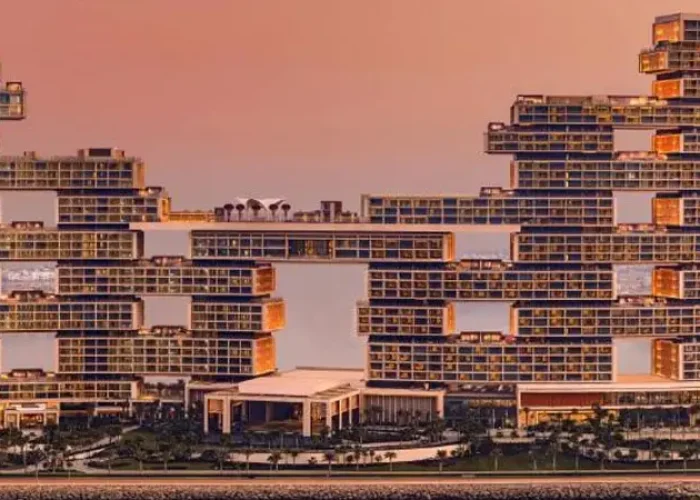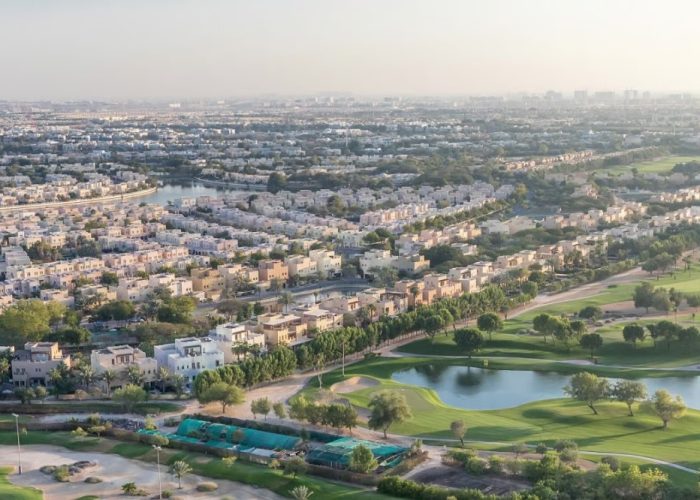THE MARKET
Ramadan In Dubai: Your Complete Guide For A Fulfilling Month
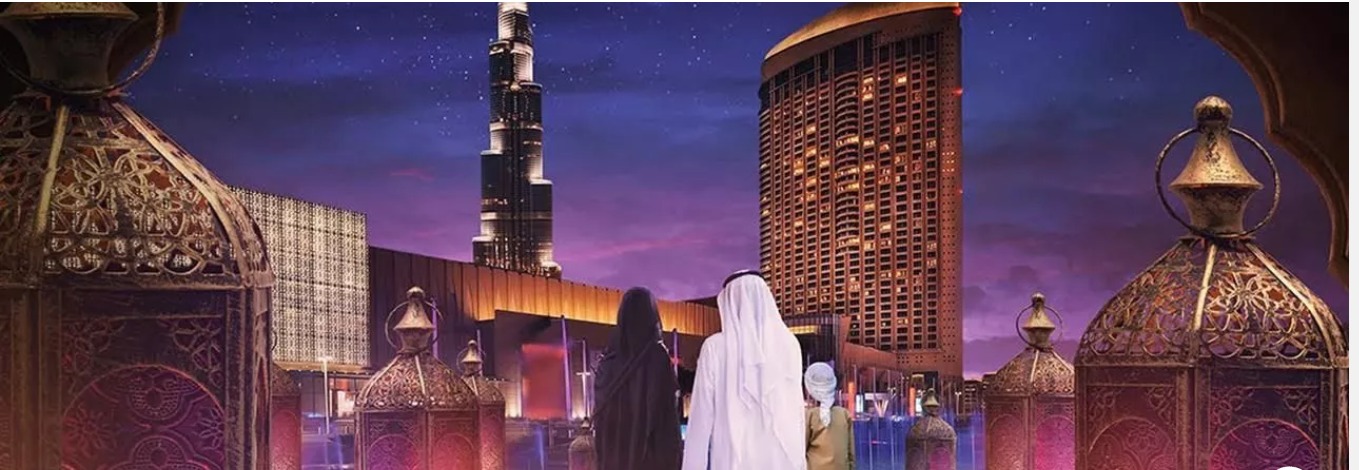
As the blessed month of Ramadan approaches, Muslims worldwide, including those in Dubai, are preparing for a period of reflection, spirituality, and communal celebration. From the tranquil moments of dawn to the vibrant evenings, Dubai’s observance of Ramadan epitomizes a harmonious blend of tradition, unity, and reverence. Whether you’re experiencing Ramadan in Dubai for the first time or visiting during this sacred month, this article serves as a comprehensive guide to help you make the most of this auspicious time in UAE.
Understanding Ramadan in UAE: A Time of Spiritual Reflection
Ramadan stands as an annual testament to the principles of fasting, worship, service, and communal gathering in the Islamic faith. For Muslims, it signifies a period of heightened spiritual devotion, characterized by fasting from dawn until dusk for approximately 29 or 30 days. This abstention from food and drink serves as a physical manifestation of their commitment to faith, fostering a profound connection to God and fellow believers.
Embracing the Spirit of Ramadan in Dubai
In Dubai, Ramadan transcends mere observance; it becomes a vibrant tapestry interwoven with the diverse cultural fabric of the city. As the anticipated commencement on Tuesday, March 12 draws near, Dubai anticipates a period of introspection, generosity, and solidarity.
The Communal Feast: Iftars in Dubai
Each evening, as the sun gracefully sets, Muslims eagerly await the call to break their fast with the evening meal known as iftar. In Dubai, iftars exemplify a sense of communal unity, as families, friends, and strangers gather to share in the blessings of the season. From lavish banquets at prestigious hotels to intimate gatherings in neighborhood mosques, iftars in Dubai offer a rich tapestry of culinary delights to cater to every taste and preference.
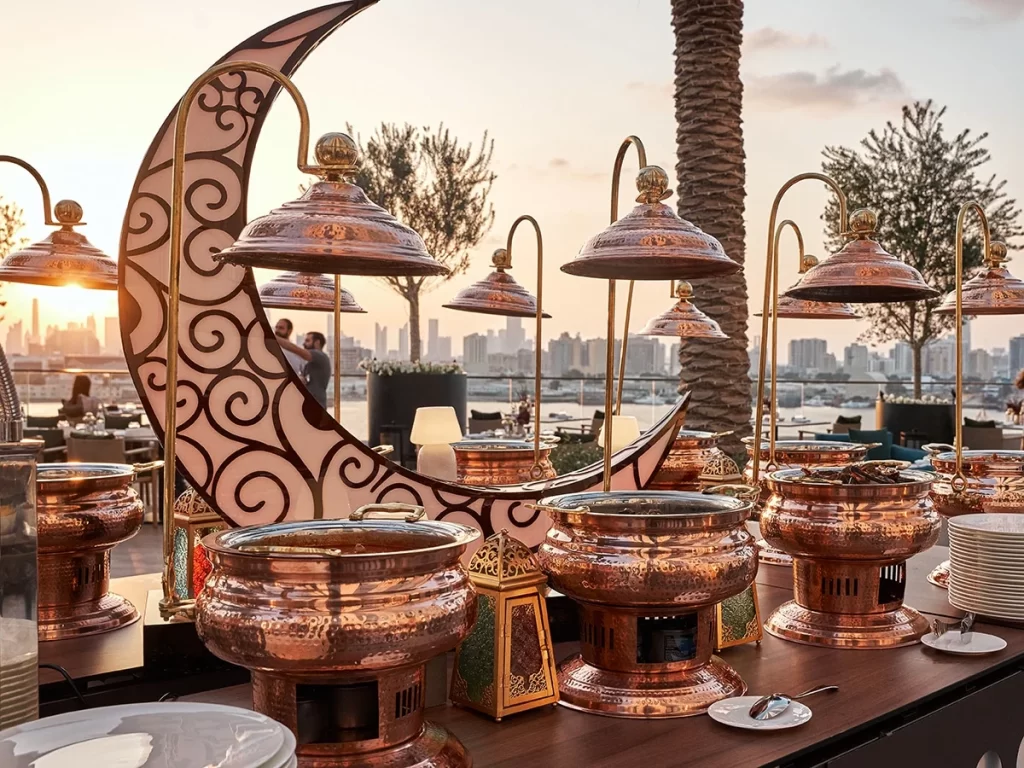
Before Dawn: Suhoor in the City
Before the break of dawn, another meal beckons: suhoor. Across Dubai, restaurants and outdoor venues extend their operating hours into the early morning, offering a pre-fast meal for those seeking sustenance before the day begins anew. With a plethora of options and enticing deals, suhoor in Dubai promises a gastronomic journey like no other.
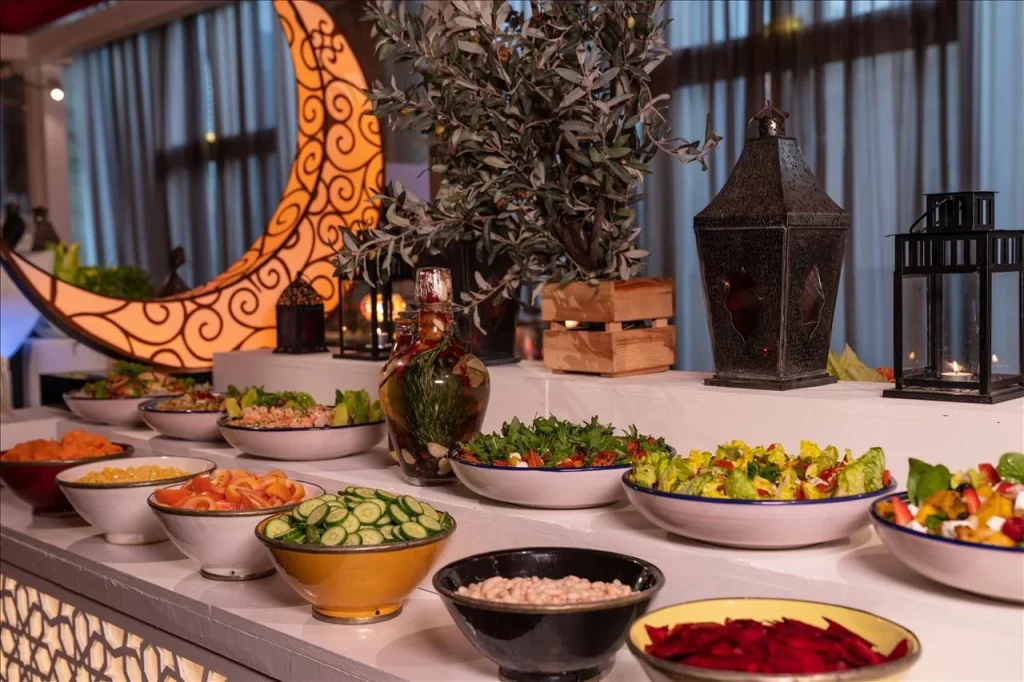
Bazaars Under the Stars: Ramadan Markets in Dubai
As night descends, Dubai’s streets come alive with the vibrant energy of Ramadan markets. These enchanting bazaars, adorned with twinkling lights and aromatic spices, offer a treasure trove of goods, from exquisite crafts and jewelry to delectable culinary delights. Amidst the bustling ambiance, visitors immerse themselves in the sights, sounds, and scents of Ramadan, experiencing the true essence of community and camaraderie.
Adapting to the Rhythm: Reduced Working Hours
During Ramadan, Dubai adopts a gentler pace, with reduced working hours to accommodate the spiritual needs of its residents. Whether in the public or private sector, employees can expect shorter workdays, allowing ample time for prayer, reflection, and familial bonds. This considerate gesture underscores Dubai’s commitment to inclusivity and respect for religious diversity.
Tradition and Modernity
As the city transforms during Ramadan, Dubai’s vibrant spirit remains undiminished. While establishments may adjust their operating hours, life continues to pulsate through its bustling thoroughfares. Malls and attractions extend their hours, offering respite and entertainment, while paid parking provides convenience during evening gatherings. Amidst the adaptations, Dubai retains its allure, beckoning all to partake in the sacred journey of Ramadan.
What Should Non-Muslims Expect During Ramadan?
In the UAE, Ramadan is observed publicly, meaning even non-Muslims are expected to refrain from eating, drinking, and smoking in public areas. This practice aligns with regulations in other countries governed by Islamic law.
Which Countries Mark Ramadan?
Ramadan is observed by over 1.6 billion Muslims worldwide. Countries where Ramadan is prominently observed include Saudi Arabia, Pakistan, Iran, Afghanistan, Oman, Mauritania,Yemen, Egypt, Morocco, Jordan, Iraq, Kuwait, Algeria, Malaysia, Maldives , Libya, United Arab Emirates, Tunisia, Bangladesh, Somalia, and Brunei. Additionally, many Muslims in non-Muslim countries also observe Ramadan.
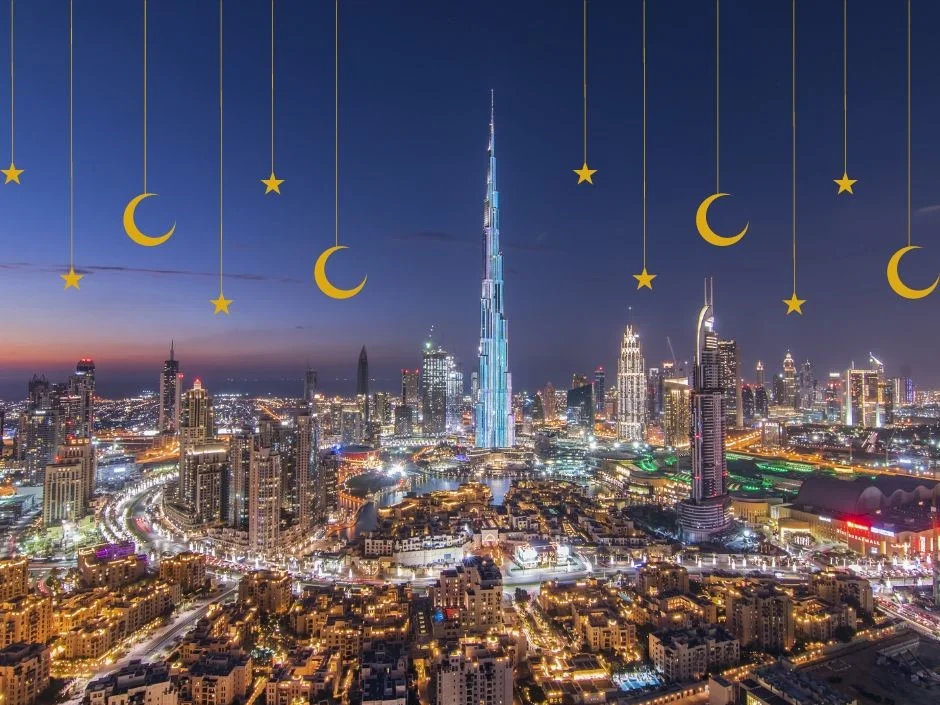
Why Do Muslims Fast During Ramadan?
Fasting during Ramadan is an obligatory practice for all Muslims, constituting one of the Five Pillars of Islam. These Pillars are the foundational principles of the faith, emphasizing the core tenets of belief, worship, charity, pilgrimage, and fasting. Specifically, Sawm, or fasting during Ramadan, holds a central significance in the spiritual life of Muslims worldwide.
For new converts, Ramadan may present certain challenges, but numerous support groups exist worldwide to offer guidance and assistance.
Observance in non-Muslim countries
Participating in a community or environment that supports and accommodates fasting can greatly enhance the Ramadan experience for Muslims. In non-Muslim countries, individuals from other faiths often show respect and support towards their Muslim colleagues and neighbors. In regions with polar climates, fasting durations may be extended due to longer daylight hours, lasting up to 22 hours in extreme cases.
Are There Any Exemptions From Fasting?
Fasting is not advisable for individuals with medical conditions or pregnant women. Several categories of individuals are exempt from fasting, including travelers, the sick, the elderly, and women who are pregnant or breastfeeding. These exemptions ensure the well-being and health of individuals during the month of Ramadan.
What is Not Allowed During Ramadan In UAE?
Those observing the fast must abstain from eating, drinking, smoking, engaging in sexual relations, using foul language, and displaying improper conduct from dawn until dusk.
Are people permitted to listen to music during the month of Ramadan?
During the holy month of Ramadan in Dubai, many individuals choose to refrain from listening to music as a sign of respect and devotion.
Conclusion: Ramadan in Dubai transcends mere observance; it embodies a journey of the soul, a celebration of community, and a testament to the enduring spirit of faith and fellowship. We hope this article on Ramadan in UAE and its significance have been helpful for you!

